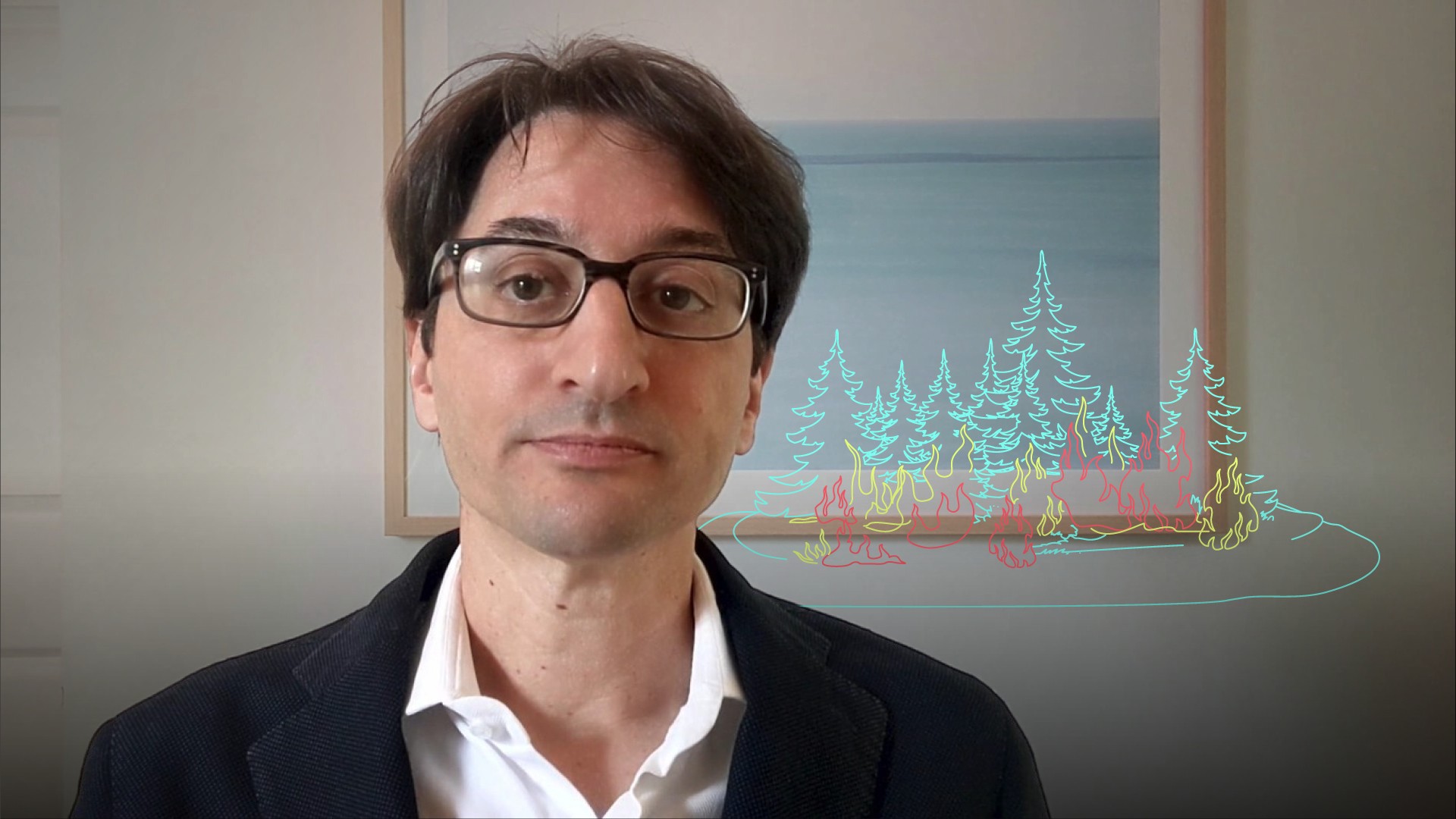
Good Intentions and Bad Outcomes

Paul Orlando
25 years: Systems specialist
Trying to make improvements isn’t as easy. In fact, fixing a problem can occasionally make things worse. But why? The root of the failure is often in missing how parts of a system are connected. In this video, Paul covers how impacts can vary, depending on the size of the system and why some projects made their problems worse - not better.
Trying to make improvements isn’t as easy. In fact, fixing a problem can occasionally make things worse. But why? The root of the failure is often in missing how parts of a system are connected. In this video, Paul covers how impacts can vary, depending on the size of the system and why some projects made their problems worse - not better.
Subscribe to watch
Access this and all of the content on our platform by signing up for a 7-day free trial.

Good Intentions and Bad Outcomes
6 mins 45 secs
Key learning objectives:
Explore how impacts can vary and why larger systems have more opportunities for system surprises
Learn about examples of systems that failed despite the best intentions
Overview:
Trying to make improvements isn’t as easy. In fact, fixing a problem can occasionally make things worse. But why? The root of the failure is often in missing how parts of a system are connected. In this video, Paul covers how impacts can vary, depending on the size of the system and why some projects made their problems worse - not better.
Subscribe to watch
Access this and all of the content on our platform by signing up for a 7-day free trial.
What is an example of good intentions that resulted in terrible outcomes?
1. US Forest Service
Managing forest fires has been a priority of the US Forest Service. This historically has meant working to put out forest fires when they start. Over the decades, large numbers of firefighters, equipment, and fire suppression technology has been thrown at this problem. And yet, there have been worsening forest fires.
They wanted to eliminate forest fires and so became better at extinguishing them. But then the structure of the forests started to change. Tree density in many American forests is much higher than it was historically, in some cases 20 times higher. Their success in putting out fires has left them with denser forests that are more likely to lead to massive fires when they do start.
Before, forest fires were the norm in many unmanaged forests. Those fires tend to be smaller and part of the natural cycle of clearing out undergrowth. When those smaller fires burn, they help prevent larger fires from being possible. Active fire suppression over decades changed that earlier stable system.
2. Opioid epidemic
A few decades ago, pain started to be considered as the fifth vital sign, after body temperature, blood pressure, pulse rate, and respiration. When doctors examined patients, they asked about pain, became more open to offering pain management solutions, and were also evaluated by patient satisfaction in managing pain.
This was an opportunity for painkillers to increase in prevalence. Purdue Pharma and McKinsey Consulting worked to expand the sales of the opioid OxyContin. This has led to terrible outcomes - including growth in the number of opioid addicts, overdoses, and deaths.
How can impacts vary?
When the world was smaller and less interconnected, a mistake would often be limited to your immediate surroundings. As systems have become more globalised, small changes have had a ripple effect and created system surprises further along the line. Changes can propagate around the world and quickly.
Subscribe to watch
Access this and all of the content on our platform by signing up for a 7-day free trial.

Paul Orlando
There are no available Videos from "Paul Orlando"



























